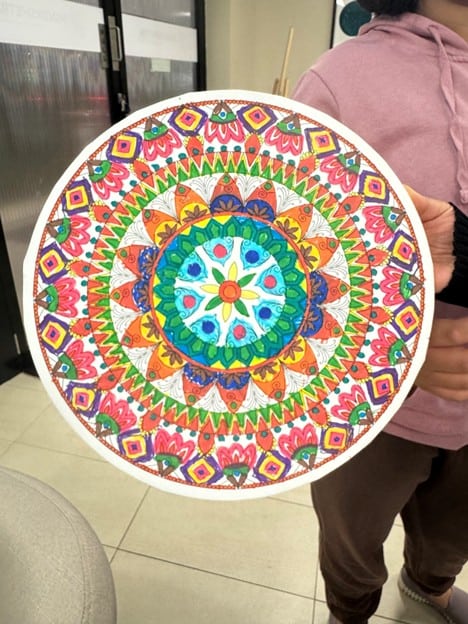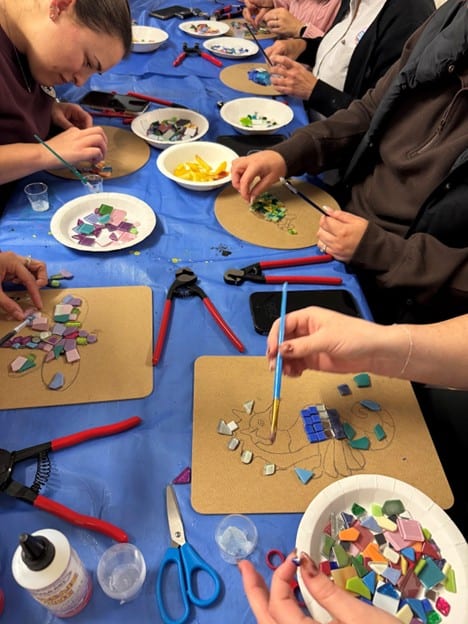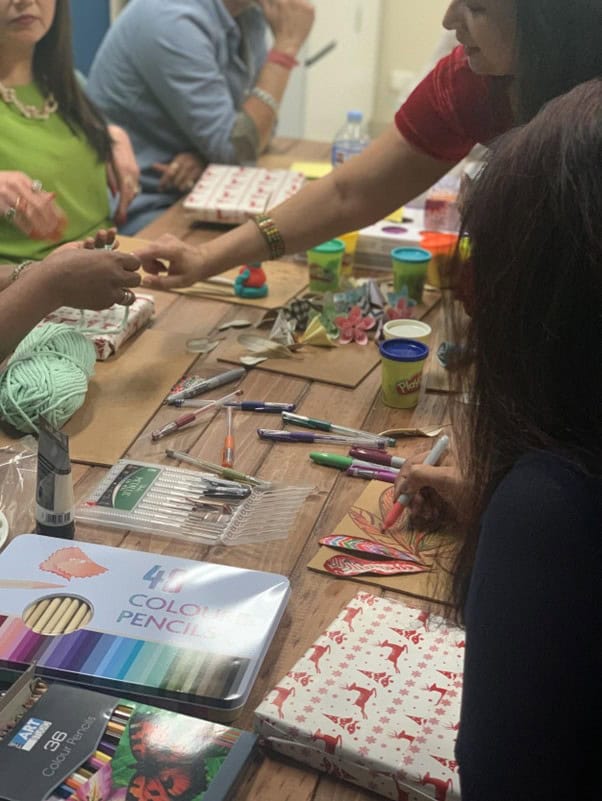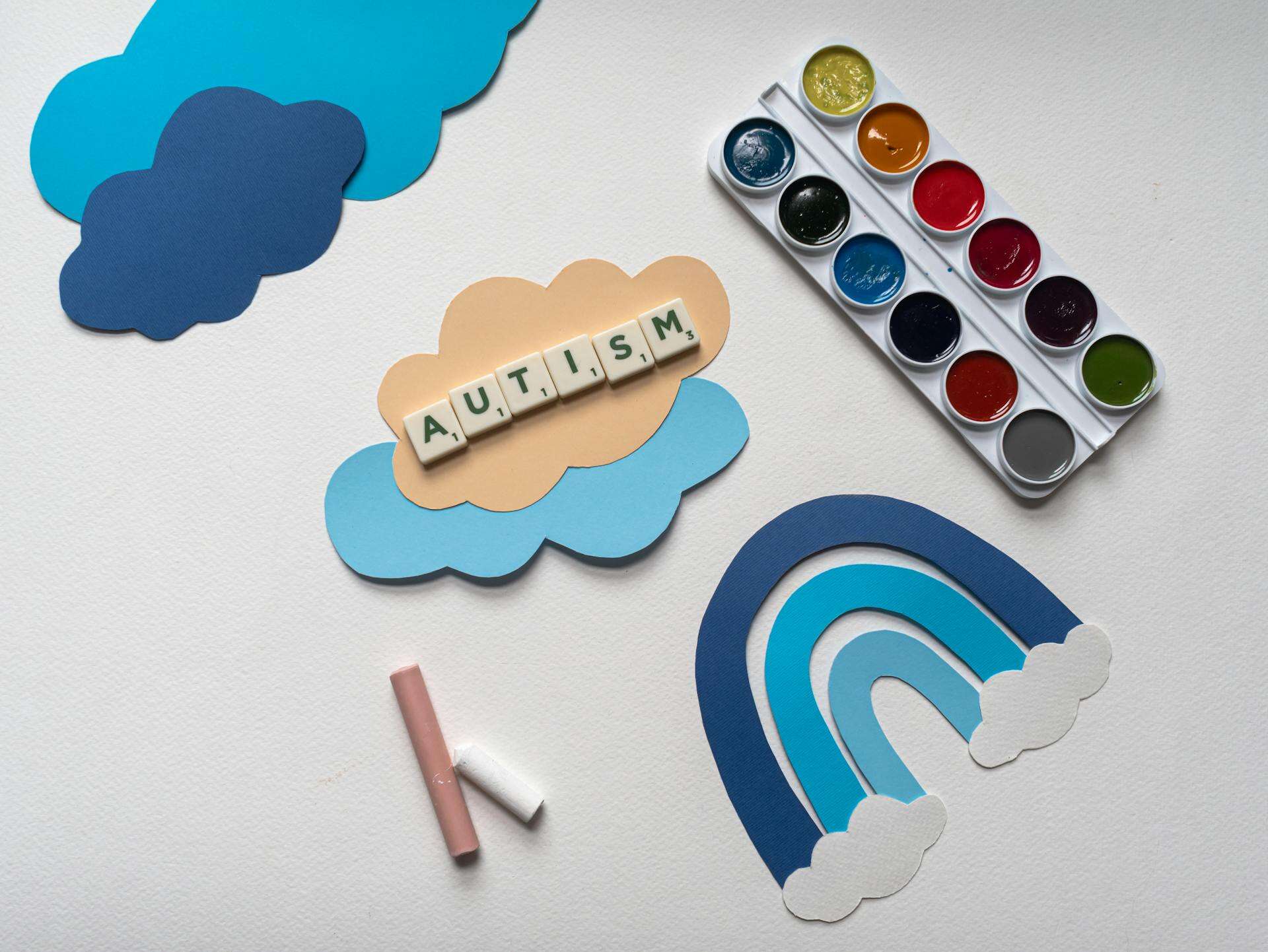Hey there! If you’re reading this, chances are you’re looking for ways to feel better about yourself, boost your confidence, or help someone you care about—like maybe your sensitive young one or friend—find their inner strength. We get it; building confidence and self-esteem can feel like a daunting task, especially when life throws challenges your way. But here’s the good news: we can learn how to increase self-esteem and confidence with practical, therapy-based steps. In this blog, we are sharing 11 ways to build confidence and self-worth, grounded in mental health research and real-world experience. Let’s quickly go over what…
There are many therapeutic interventions to support people with autism spectrum disorders (ASD). Among these, creative therapies such as art therapy, music therapy, dance therapy, and drama therapy have not just shown success but have consistently demonstrated their effectiveness. These therapies have been instrumental in helping autistic individuals develop communication and social skills, as well as enhance their imagination, providing reassurance and confidence in their unique needs. Their success offers hope and optimism for the potential of these interventions. In this blog, we aim to provide insights into the benefits of these creative therapies, particularly art therapy, for individuals with…
In today’s fast-paced world, work stress has become a common challenge for employees across industries. Balancing deadlines, personal life, and professional responsibilities can take a toll on mental health. That’s where counselling for workplace stress comes in, offering a supportive solution to help employees thrive. At Mindkshetra, we believe that workplace counselling is a powerful tool for fostering a healthier, more productive workforce. In this blog, we’ll explore how counselling can address work-related stress, its benefits, and why it’s essential for both employees and employers to prioritize mental wellness in the workplace. Can Counselling Help with Work Stress? Absolutely, counselling…
Everyone’s family has its own story that shapes who we are. How we handle life’s ups and downs is often tied to how we grew up, and it’s interesting to see how our backgrounds guide our reactions and help us find our way in the world. While we all want strong and healthy relationships with our families, it can be super complicated. It’s no wonder many of us find navigating these connections challenging, whether dealing with old conflicts, feeling stuck under expectations, or just trying to communicate better. Family dynamics can be messy, but they’re also part of what makes…
Autism spectrum disorder (ASD) is a neurodevelopmental condition that affects how individuals perceive the world and interact with others. Though autism is not something to be “cured,” various therapy approaches have shown success in helping autistic individuals develop communication, social, and behavioural skills, manage challenges, and lead fulfilling lives. Among these, Cognitive Behavioural Therapy (CBT), Acceptance and Commitment Therapy (ACT), and Art Therapy have shown significant promise. In this blog, we explore how these therapeutic interventions support individuals with autism spectrum disorders and their unique needs. Source: Photo by Polina Can Autism Be Treated with Therapy? While autism…
Everyone’s family has its own story that shapes who we are. How we handle life’s ups and downs is often tied to how we grew up, and it’s interesting to see how our backgrounds guide our reactions and help us find our way in the world. While we all want strong and healthy relationships with our families, it can be super complicated. It’s no wonder many of us find navigating these connections challenging, whether dealing with old conflicts, feeling stuck under expectations, or just trying to communicate better. Family dynamics can be messy, but they’re also part of what makes…
Often, we find ourselves choosing between comfort and growth; more often than not, growth comes with discomfort. That’s exactly how I felt as an international student when I first moved to Sydney, Australia. My heart was full of dreams and excitement, but I was also aware that the road ahead wouldn’t come with the same comforts and privileges I had back home. Moving to a new country for better education, job opportunities, or a fresh start is a brave decision. But as thrilling as it sounds, it can feel daunting and lonely. The challenges of adapting to a different culture,…
Families are complex systems, woven together by love, history, and shared experiences. Yet, these intricate relationships can sometimes become strained, leading to conflict, distress, and a sense of disconnection. When these challenges arise, family therapy offers a pathway to healing and renewed connection. But what exactly is family therapy, and how can it help? What is Family Therapy? Family therapy is a form of psychotherapy that addresses issues within the context of the family unit. Rather than focusing solely on an individual, a family therapist works with the entire family, or specific family members, to identify and address patterns of…
We often hear about addiction as a personal battle, a demon someone fights within themselves. But the reality is far more complex. Addiction doesn’t live in isolation; it weaves its way into the very fabric of a family, leaving a trail of broken trust, strained relationships, and a deep sense of confusion. Imagine a stone tossed into a still pond. The ripples spread outwards, disrupting the calm and affecting every part of the ecosystem. That’s what addiction does to a family. It throws everything off balance, changing the way people interact, and sometimes even leaving lasting marks on the next…
As a parent, I appreciate living in a world where our children benefit from information and learning opportunities at our fingertips. I often feel this growing concern for both children and families when it comes to managing their mental health. Everyday living comes with many stresses, from school pressures such as exams and bullying to social challenges like making friends or dealing with peer pressure to changes in family dynamics such as divorce or the arrival of a new sibling. Understanding how to cope with these stressors effectively can improve individuals’ and families’ mental and emotional health. As a therapist,…
More Articles:










